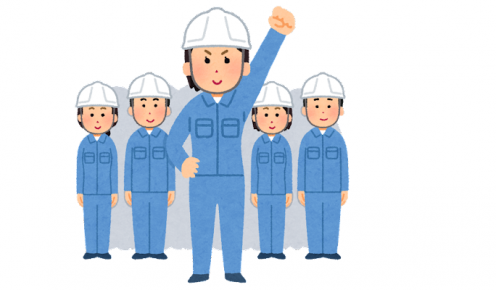Important Job Interview Questions in Japan
A most important question in the interview with a Japanese Company will be some form of “Your Knowledge about the company”
Typically an interview will begin with you explaining what you know the company. As per the research and background check that you have done, you should give a brief summary of what you know about the company – for example, company history, products, customers, competitors, etc.
Alternatively, you may also be asked: “What does our firm produce? What kind of products are there?” etc. Secondly: Why did you apply for this job?
Quite often an interviewer will want to ask you have you applied for the position. Generally, the question is in a simple format. It simply means “What is your purpose or motive to apply for this Job”
Shiboudouki o oshiete kudasai:
Instead, the interviewer could also possibly ask:
shiboudouki, oubo shita riyuu, ouboshita kikkake or shibouriyuu
These all have a similar meaning.
I would recommend that in your answer you highlight the experiences and skills that you have which fit the role for the job you seek.
Another question they can ask is “what would you like to achieve if you are appointed to this position”.
In order to answer this question, you should really know what this job is about and you should be able to provide a possible target that you would like to aim for.
Main purposes of the interview is to find out more about you. If you are currently employed, then they may ask about your current job. One question you may expect to hear is:
“Please tell us about your current job,”
This is an opportunity to highlight important skills that you have and the kind of work that you do. Rather than just talking about work in general, make sure to talk about what you do in your current role.. Discuss the values you bring to current employer. It is also a good opportunity to show how your experience matches the position you have applied for.
Example of an interview question that can catch people off guard (due to lack of proper knowledge of the language):
“What are your merits? How would they be beneficial to the company?”
The issue is with the word benefit, which may lead the candidate to believe that the inquiry is about work benefits when, in fact, the interviewer is interested in learning how you would help the organisation.












